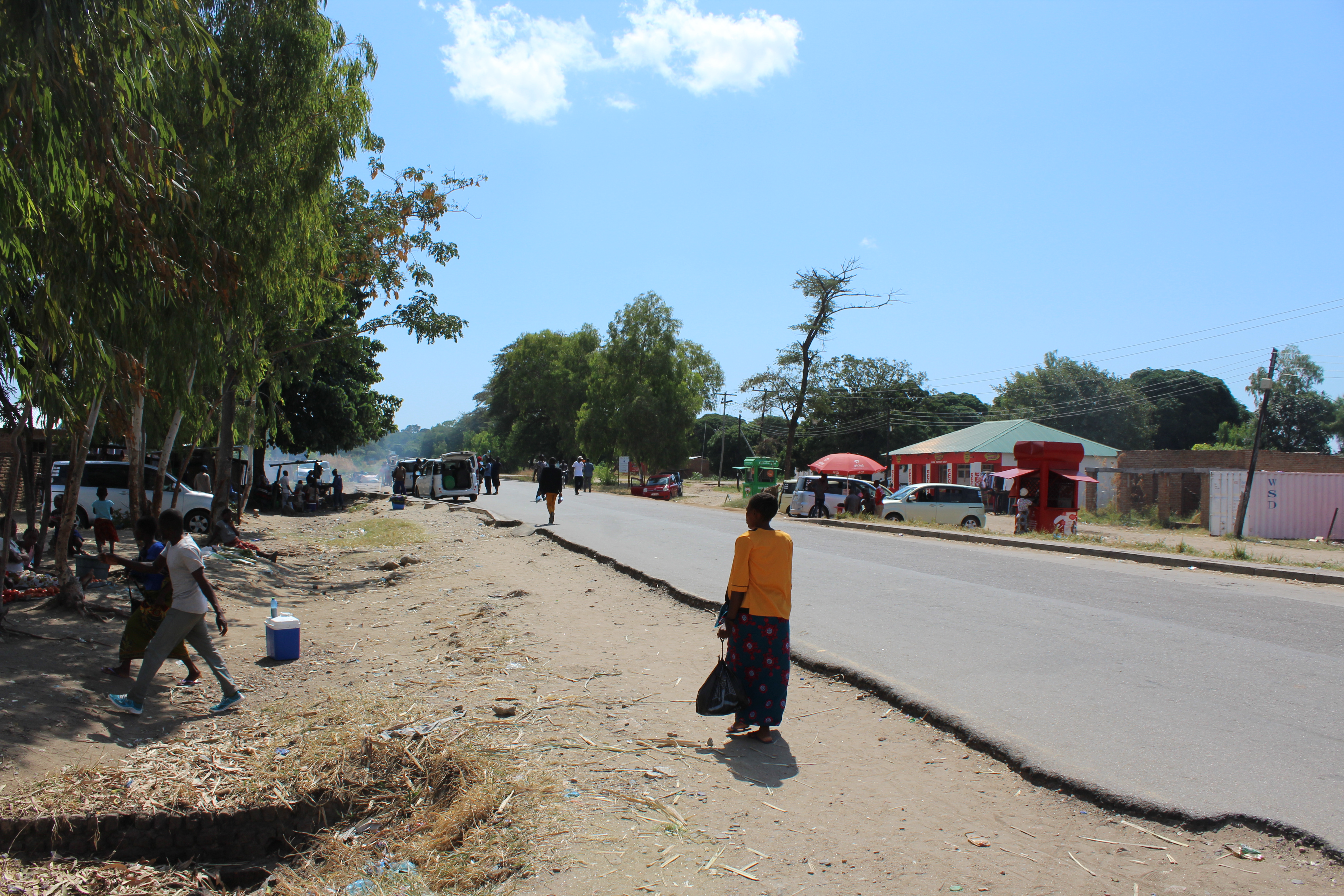Let's Talk Human Rights

Interested in international development work? Take time to examine your power and privilege.
By Alyssa Bovell '14
In the field of international development, aspirations to eliminate poverty include efforts towards food and nutrition security, gender equality, climate justice, access to health, and quality education. While international development professionals seek long-term solutions to enhance human rights and well-being, it’s often forgotten that the foundation that underlies all forms of development practice is a structural imbalance of power relations and distribution, many of which have been historically utilized for harm. This context demands that development practitioners actively practice self-reflection to understand our power and privilege within international development work.
In All About Power: Understanding Social Power & Power Structures, Srilatha Batliwala defines power as: “the capacity of individuals or groups to decide who gets what, who does what, who decides what, and who sets the agenda.” Power influences opportunities, access to privileges, enjoyment of rights, distribution of resources, and sets control over decision-making. In the agenda of international development and human rights work, the majority of that power discussed by Batliwala is concentrated with international organizations and professionals who are often far removed from the contextual realities of the communities they’re engaged with. This professionalization of international development and human rights work has led to a focus on the technical practice of project delivery and management. As a result, it is clear that “doing development successfully” and working towards justice and equity with impacted populations are not necessarily the same thing.
It’s convenient to think that as development, humanitarian, or public health professionals, we’re all free from these systems of privilege and power disparities, when in fact, we’re perpetuating them in both explicit and nuanced ways. Harmful ideologies, including patriarchy and global systems of racial domination, are deeply embedded within international development structures, and we have a responsibility to formulate a critical consciousness around all areas of injustice. In that way, a transformative approach to international development needs both systemic change and to be deeply personal. Understanding the role you hold and play within the process is important in recognizing your power and privilege. The following actions provide guidance for actively examining with your positionality in order to engage with development practice in an intentional and ethical way:
- Do no harm. The history of international development has been damaging to communities around the world. Your first intention should be to undertake this work in an ethical manner that centers the agency, rights, and experiences of all impacted populations.
- Take time to make yourself aware of the power and privileges you hold within your home community and in the context of international development work. Develop a reflective nature as this practice will not be a one-time exercise. Self-reflection in the context of your work should be an ongoing experience that you actively seek out independently and in team-related work. Prompt reflection encourages others to join you in the experience!
- Remember, identities intersect! Intersectionality, a term coined by Kimberlé Crenshaw, is about recognizing the ways in which overlapping identities, representation, and expression are deeply embedded in the way that individuals and communities are able to experience and utilize their power across various spheres, at all levels of society. This is also reflective of the inequalities that individuals and communities experience.
- Value diverse forms of knowledge and experiences from all stakeholders and be open with knowledge and information. Be inclusive in knowledge sharing, especially within the spaces where decisions are made. In situations where knowledge and information are being produced (research, monitoring and evaluation, communications), ensure that it is co-constructed with a variety of stakeholders, rather than an extractive process. How are your ways of working excluding or preventing individuals and groups from freely accessing these spaces and contributing to the conversation? How is language (for example, development discourse) being used in an exclusionary manner?
- Ground your work in principles of solidarity and accompaniment. Challenge blind assertions that local institutions lack capacity or efficiency to produce community-identified change. Work in collaboration with and amplify the voices and experiences of those who are agents for change within a specific space. Listen to and learn from women and feminist-led organizations, social movements, and groups that have been working in their own contexts, long before you and the organization arrived. Your goals should be aligned with the broader goals of locally-based community organizations.
- Look internally, at the organizational culture, not just their external practice. How are equitable working environments being created and encouraged? It’s essential that organizations are also focused on advancing principles within their organizational structures that are focused on diversity, equity, and inclusion and creating a safe working environment for all.
Overall, this self-reflection is a continuous and iterative process which is always required. It will not only allow you to become a better development practitioner but will also ensure the minimization of harm and unintended consequences by your actions.
With over 5 years of experience in international development, Alyssa has worked with community-led organizations in El Salvador, Nicaragua, Kenya, and India on initiatives focused on women’s agency and rights. Alyssa holds her Master’s in Development Practice (MDP) from Emory University in Atlanta, GA and has worked with several organizations including CARE USA, IPM, and Save the Children Canada.
Photo: Snapshot from the Malawi practicum 2019. Alyssa Bovell was a member of the first Malawi practicum in 2013.
